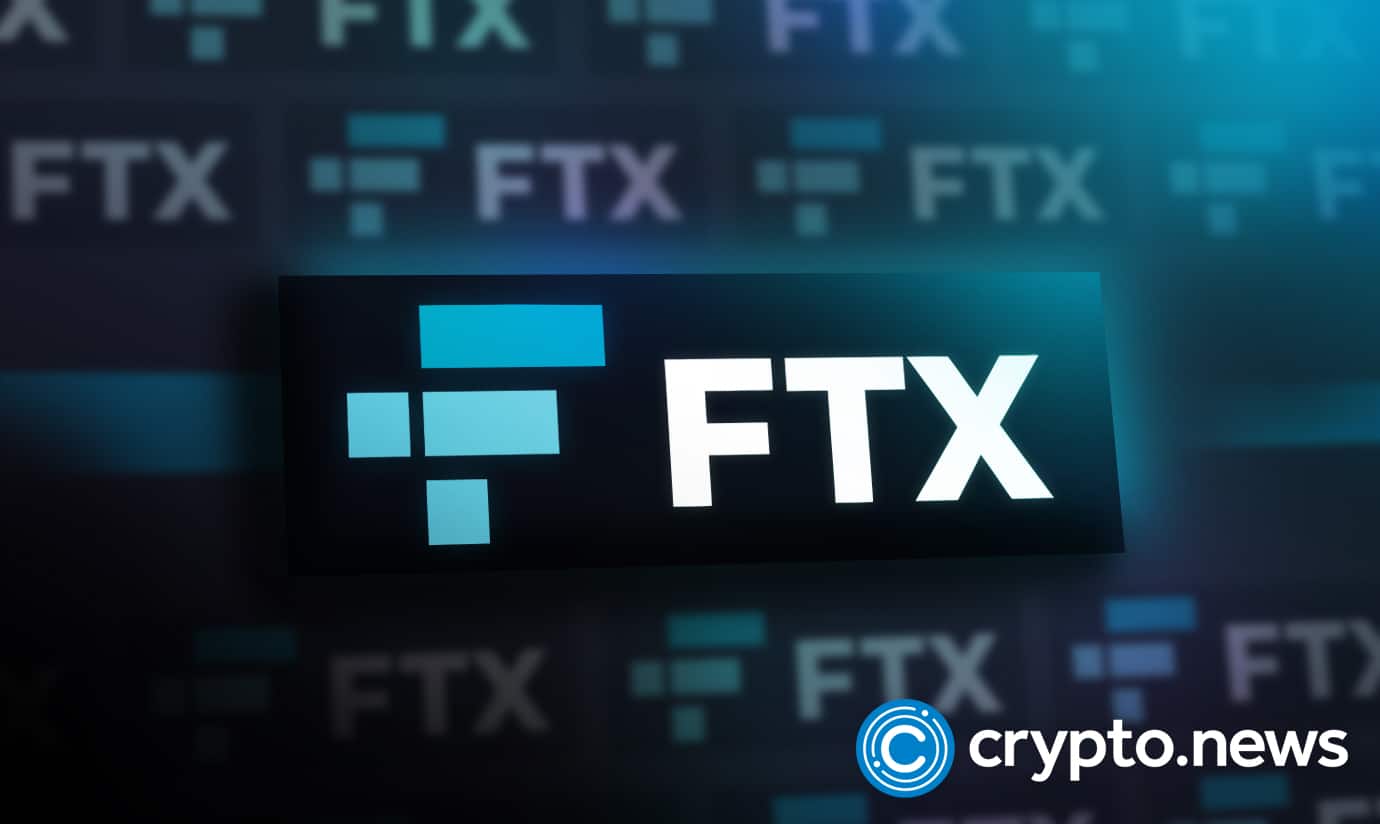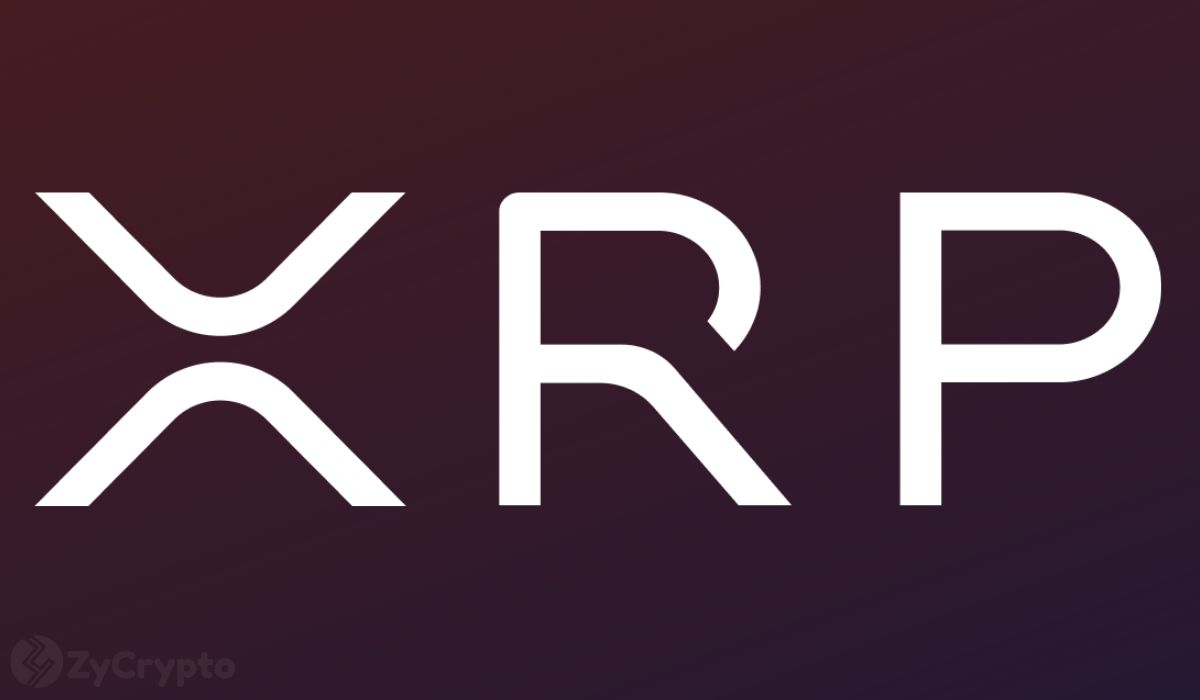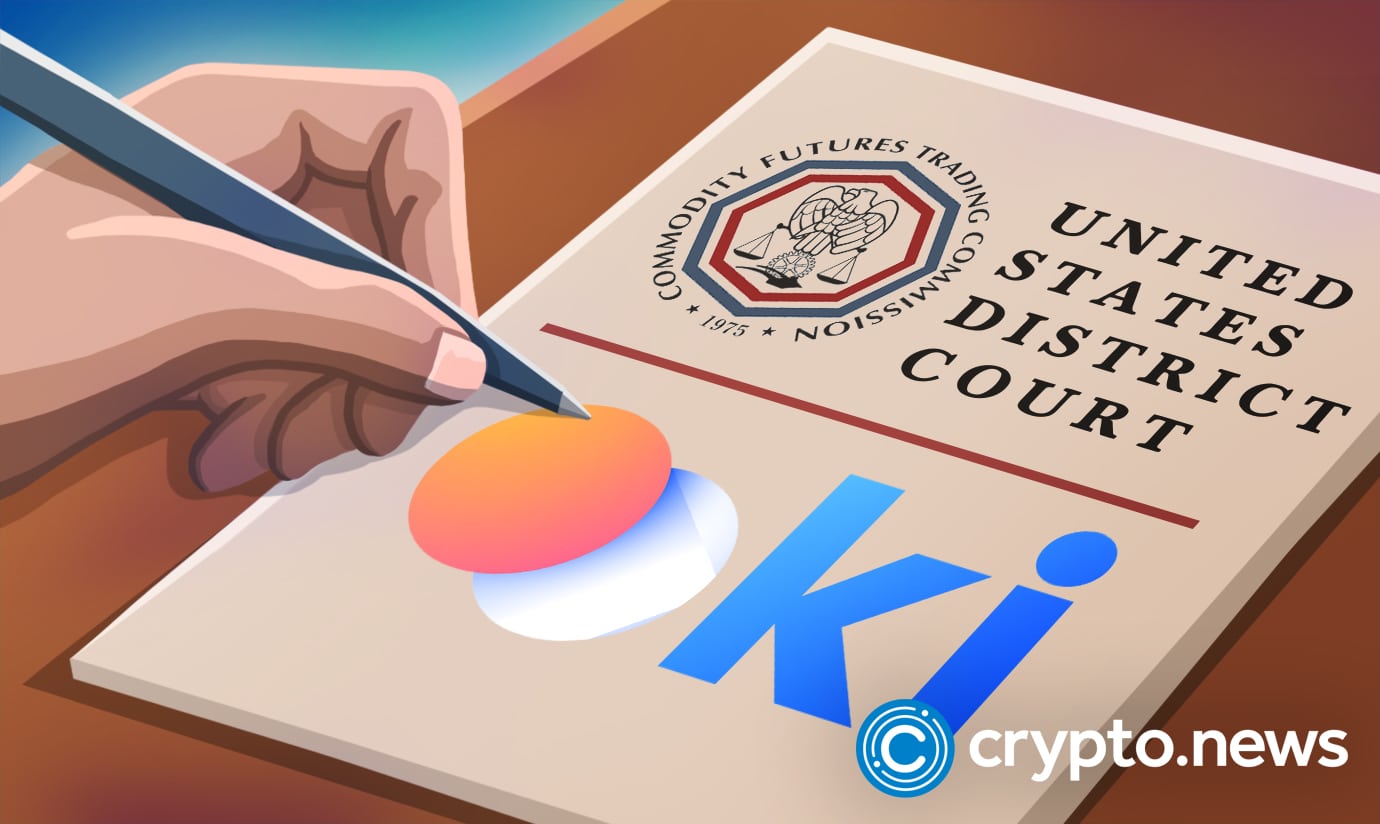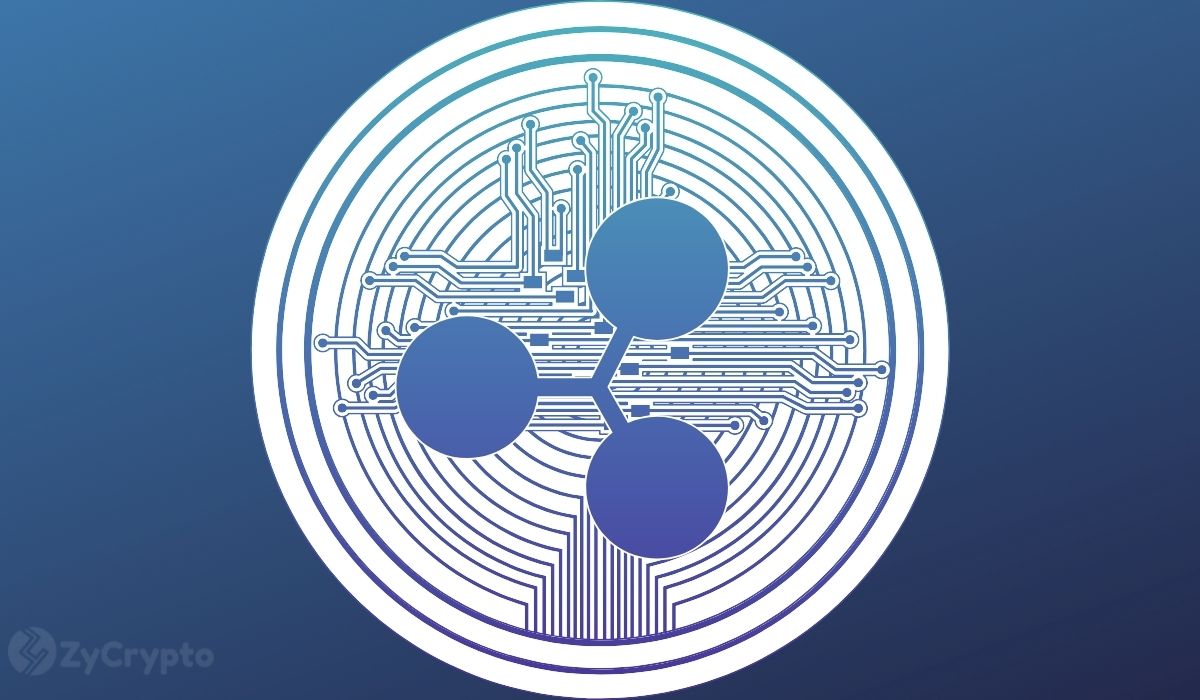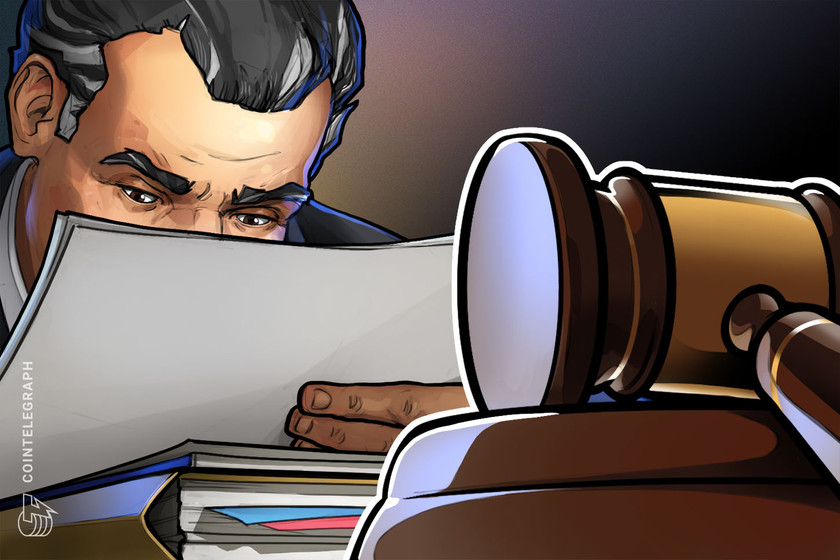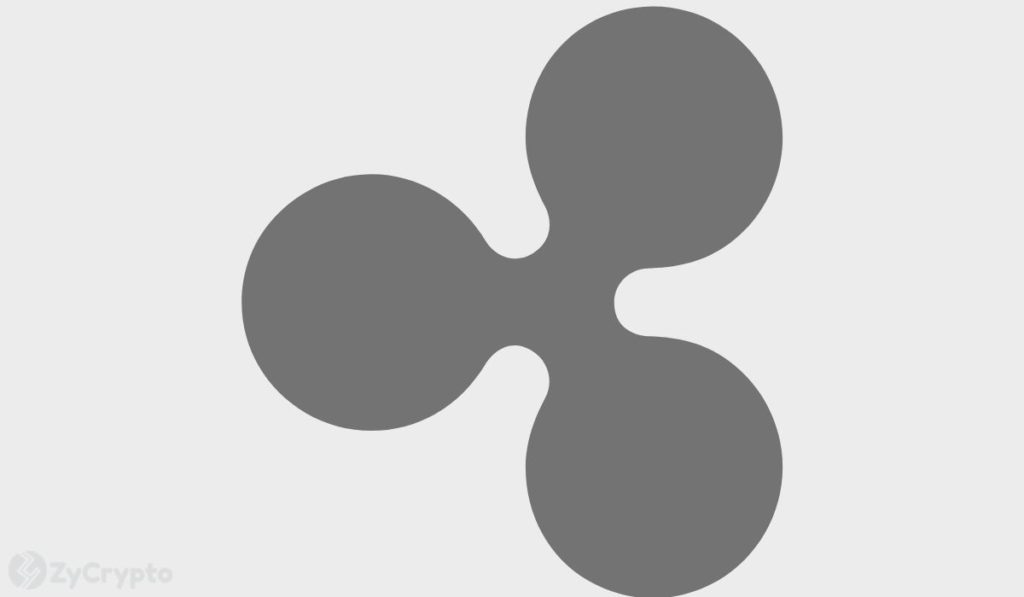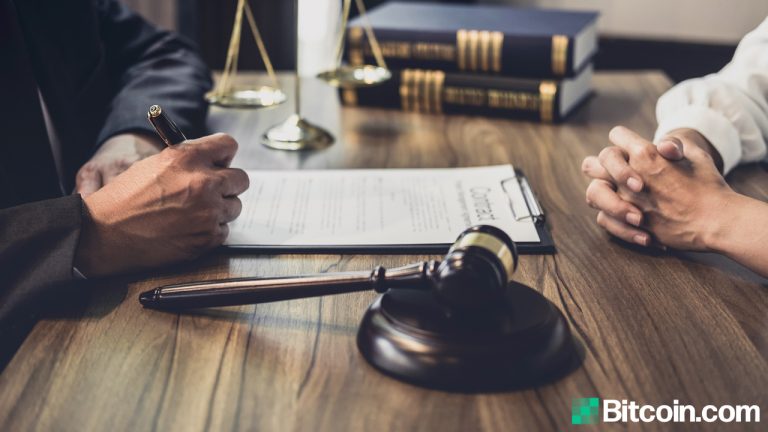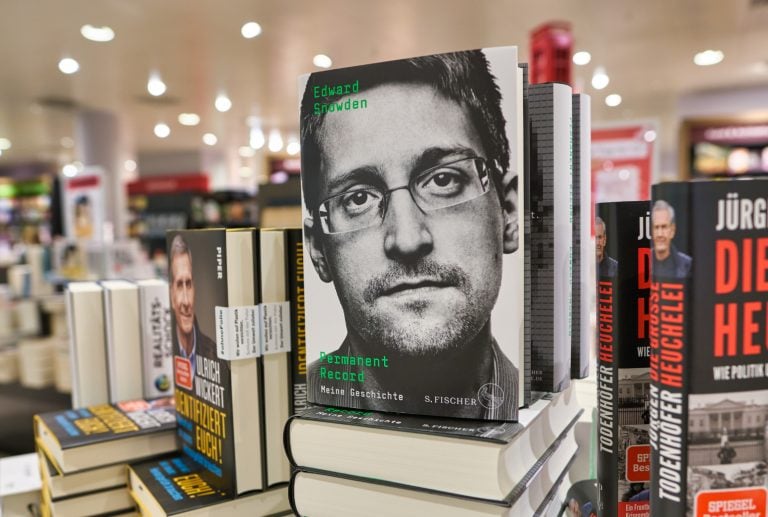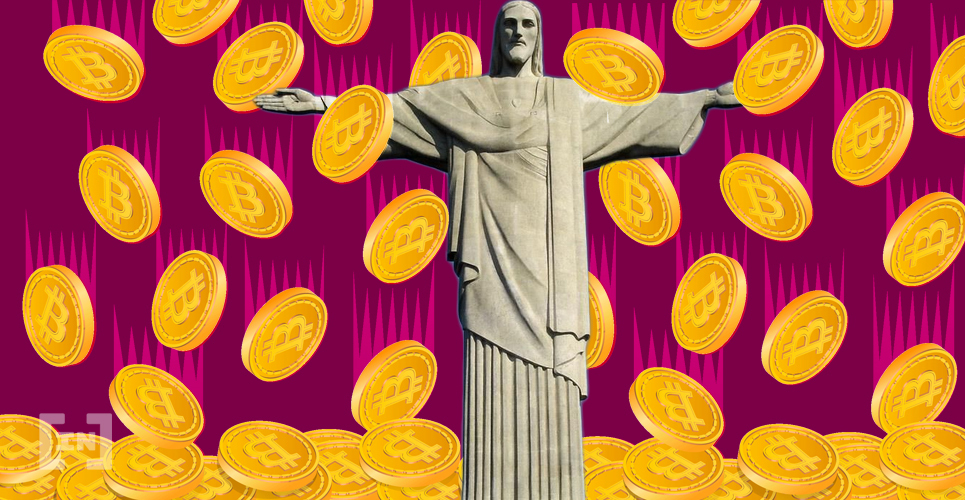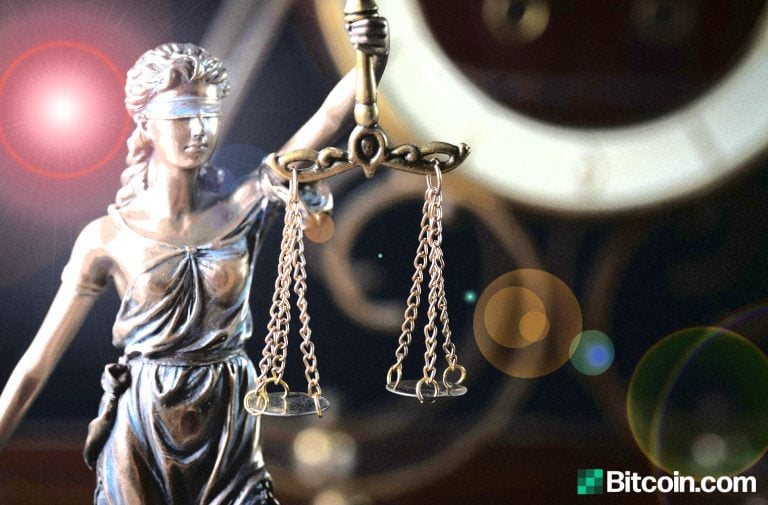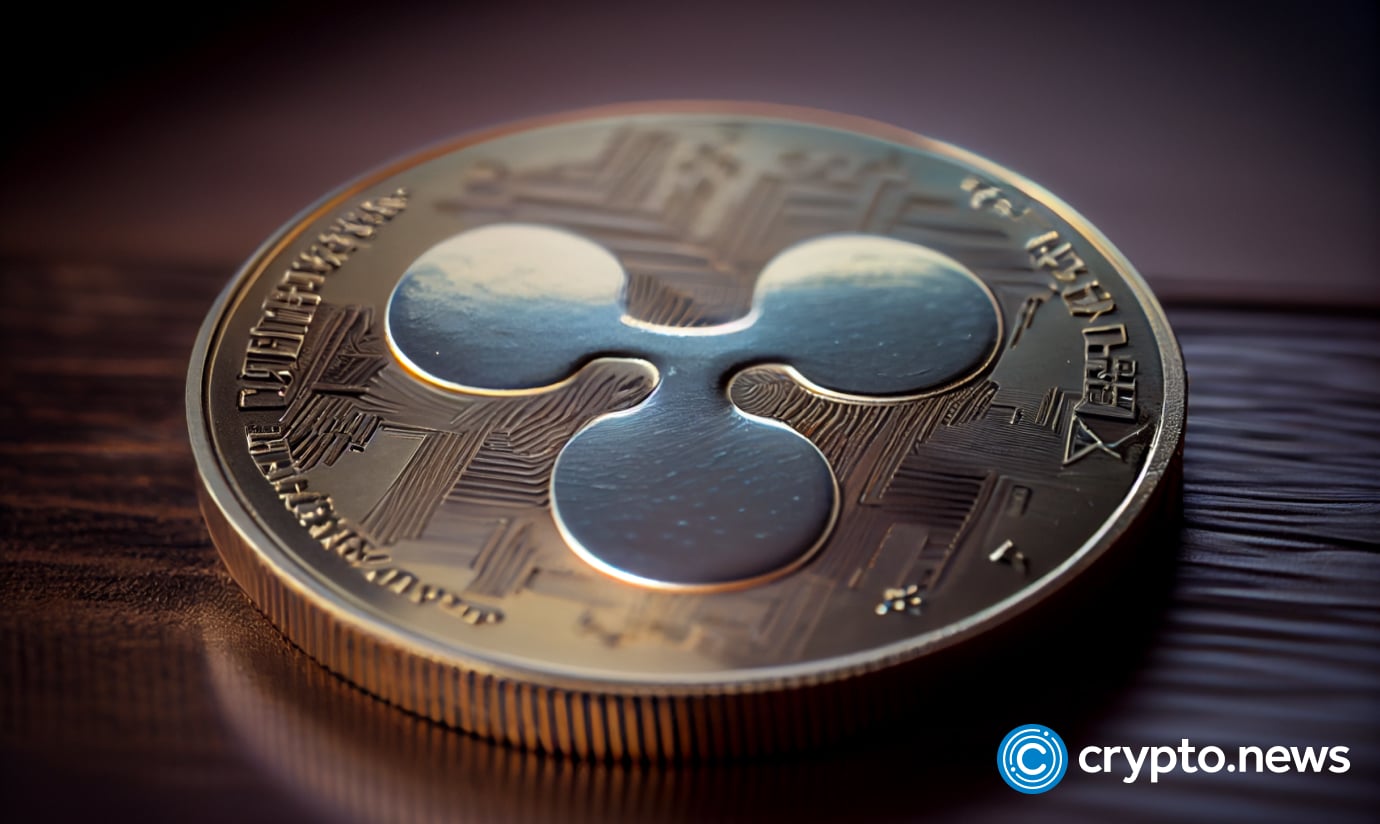2023-3-7 10:30 |
In the legal dispute between the U.S. Securities and Exchange Commission (SEC) and Ripple Labs, Judge Analisa Torres has issued an initial ruling, but it is not the summary judgment ruling. Instead, the judge has issued a 57-page ruling on both parties’ motions to exclude expert testimony from summary judgment (“Daubert” motions).
At first glance, neither Ripple nor the SEC wins. The SEC’s motions are granted in part and denied in part, and Ripple’s motions are granted in part and denied in part.
In this context, Scott Chamberlain, a former attorney and co-founder of Evernode XRPL, stated, “Neither side gets everything it asked for because neither side had impeccable arguments for everything it wanted. What leaps out is how sharp, rigorous, and utterly impartial Judge Torres is.”
Here’s What The Ruling Means For RippleAs Chamberlain explains, no clear winner or loser can be derived from the ruling. However, the win goes to Ripple when it comes to one of the most important outcomes of the ruling, the exclusion of the number 1 expert witness, Patrick Doody. This is who the SEC had hired to analyze the expectations of XRP buyers.
XRP community attorney Jeremy Hogan commented on Twitter that the SEC must prove that investors had a “responsible” expectation of profits from Ripple’s efforts, for this Doody was crucial:
And the Judge just struck the SEC’s ONLY Expert Witness on that subject. So, now, how the heck can the SEC prove “reasonable” reliance? Who will testify? Just thinking out loud. :)
A ruling in favor of the SEC was made by Judge Torres on expert witness number 3, which Ripple called “irrelevant and unreasonably prejudicial”. The judge acknowledges that the expert’s testimony “about Defendants’ incentives and actions to influence the price of XRP is directly relevant” to the final element of the Howey test for an investment contract.
Hogan writes in this regard that the judge thinks that “expert #3’s opinion as to Ripple’s incentives and actions to influence XRP price is relevant to the issue of reasonable expectation of profits.” But, seems fairly weak sauce to me.”
Another of several bad outcomes for the SEC from the Daubert challenges is that SEC lawyers tried to get Judge Torres to bar XRP community attorney John E. Deaton from participating in the case, in part because he revealed the name of their expert witness. Instead, she not only did not ban Deaton, but agreed with him that Doody should not testify on behalf of XRP holders.
More Arguments For RippleAnother XRP community lawyer, Bill Morgan, has also found some arguments as to why the judge’s rulings could easily have been in Ripple’s favor.
As Morgan writes, in its summary judgment motion, the SEC alleged at least six actions that Ripple took to boost the price of XRP. In relation to this, the SEC also lost strength because the judge denied Dr. Metz’s opinion that Ripple’s announcements caused the XRP price increase.
In addition, Morgan is “pleased” that most of Alan Schwartz’s report is allowed. This is relevant to the “Blue Sky” question. Schwartz will be allowed to testify about Ripple’s contracts and how they differ from the Howey contracts. “That’s important,” Morgan said.
Further, the judge accepted that the contracts and their terms were relevant to the question of whether there was an investment contract. She noted that Schwartz’s evidence is relevant to that analysis. Morgan went on to say:
I was also heartened that the judge accepts that XRP having a use is relevant to the inquiry as to the third prong of Howey. I thought Adriaen’s opinion on this issue which the judge allowed was more important than the two opinions she denied.
So, all in all, it’s not an outright victory for Ripple, but it’s certainly encouraging. The XRP price has reacted cautiously to the release, rising 2.4% in the last 24 hours. At press time, XRP was trading at $0.3786.
origin »Bitcoin price in Telegram @btc_price_every_hour
JudgeCoin (JUDGE) на Currencies.ru
|
|




